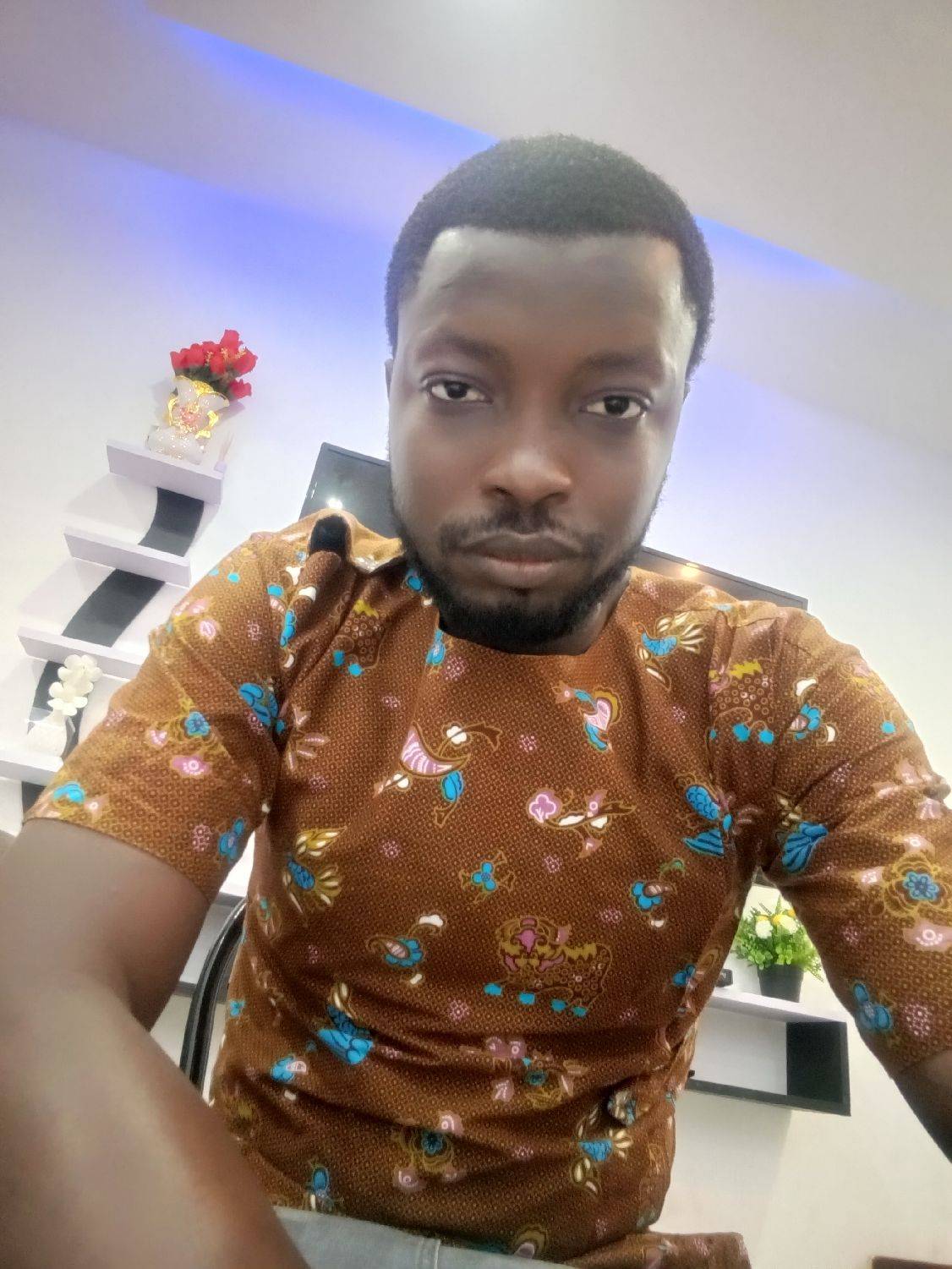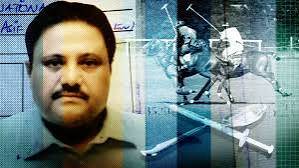Polo-Playing Drug Lord's Double Life Finally Catches Up With Him.
To the outside world, Muhammed Asif Hafeez appeared to be a model citizen — a polished global businessman and an ambassador for one of London's most prestigious polo clubs. He mingled with Britain’s elite, rubbed shoulders with royalty, and even passed intelligence to UK and Middle Eastern authorities, sometimes helping intercept massive drug shipments.
He claimed his actions were driven by a "moral obligation to curb and highlight criminal activities."
Or so he wanted people to believe.
In truth, Hafeez was orchestrating one of the world’s largest drug trafficking operations. US officials labelled him “one of the world’s most prolific drug traffickers.â€
Operating from the comfort of his UK residence, Hafeez ran a global drug empire that supplied tonnes of heroin, methamphetamine, and hashish from bases in Pakistan and India to markets across the globe. The drug cartels he informed on? They were his competitors — and his "tips" were strategic moves to eliminate the competition.
This double life earned him a notorious nickname in the underworld: “The Sultan.â€
But his criminal reign came to an end in 2023 after a complex sting operation involving British and American authorities. Hafeez, now 66, was extradited from the UK and pleaded guilty in the US last November. On Friday, he was sentenced to 16 years in a New York prison for conspiring to import drugs — including heroin potent enough for "millions of doses" — into the United States. With time served since 2017, he will remain behind bars until 2033.
From Lahore to London High Society
Hafeez was born in September 1958 into a middle-class family in Lahore, Pakistan. One of six siblings, he enjoyed a comfortable upbringing. His father ran a local factory, and Hafeez later trained as a commercial pilot.
In the early 1990s, he founded Sarwani International Corporation, an umbrella company with operations in Pakistan, the UAE, and the UK. Sarwani claimed to sell equipment to governments and police forces, including drug detection tools. The company also ran a variety of seemingly legitimate businesses — from a Knightsbridge restaurant franchise in Lahore to a polo and equestrian service near Windsor.
This network gave Hafeez both financial security and access to high society. He was named an international ambassador for the exclusive Ham Polo Club between 2009 and 2011. At one event, he and his wife were photographed with Prince William and Prince Harry.
The club has since distanced itself, stating Hafeez was never a formal member and that the event was run by a third party.
Signs of Something Amiss
Former employees at Sarwani later told the BBC they sensed something was off. One UAE-based staffer, speaking anonymously out of fear, recalled that major projects were “only paid for in cash,†with no banking records. "There were no transactions, no records, no existence," he said.
Hafeez also routinely wrote letters to authorities in the UK and UAE, posing as a concerned citizen and naming rival drug cartels. The BBC has reviewed these letters, along with responses from UK officials thanking him for his cooperation.
In 2018, Hafeez's family shared this correspondence while he fought extradition, arguing it proved he was an informant in need of protection. Courts across the UK and Europe, including the European Court of Human Rights, were unconvinced. Judges concluded Hafeez was simply trying to eliminate competition.
The ECHR concluded he was “someone who had brought to the attention of the authorities the criminal conduct of others who he knew to be actual or potential rivals to his substantial criminal enterprise.â€
The Sting That Brought Him Down
In 2014, a pivotal meeting took place in a flat in Mombasa, Kenya. Though Hafeez wasn’t there, his associates met a supposed Colombian buyer, showcasing a heroin sample and offering unlimited quantities of "100%... white crystal." The supplier? A Pakistani known as "the Sultan."
What they didn’t know was the "buyer" worked undercover for the US Drug Enforcement Administration (DEA). The meeting was part of a sting, secretly filmed by the DEA.
The operation involved Kenya’s notorious Akasha brothers and their Indian partner Vijaygiri “Vicky†Goswami. In October 2014, they delivered 99kg of heroin and 2kg of crystal meth to the undercover agents — and promised much more.
By November, the Akasha brothers and Goswami were arrested. Though released on bail, they spent years fighting extradition as US authorities built a case against Hafeez using seized devices and communications that repeatedly referred to him as “the Sultan.â€
In 2015, while on bail, Goswami and Hafeez devised a new plan — to set up a methamphetamine lab in Mozambique using ephedrine smuggled from India. The plan collapsed in 2016 when Indian police raided the factory and seized 18 tonnes of the chemical.
The Endgame
The Akasha brothers and Goswami were extradited to the US in January 2017. Hafeez was arrested eight months later in his upscale London flat and held in Belmarsh Prison. For six years, he fought extradition, arguing that his health conditions — including diabetes and asthma — would make incarceration in the US inhumane. All courts rejected his appeals.
In 2019, Goswami pleaded guilty and agreed to cooperate with prosecutors. The Akasha brothers also pleaded guilty and received sentences of 25 and 23 years, respectively.
Hafeez finally surrendered to the reality in 2023. He was extradited in May and pleaded guilty in November to two counts of conspiring to manufacture and distribute heroin, methamphetamine, and hashish for import to the US.
US prosecutors underscored that Hafeez lived a life of privilege and choice — unlike many traffickers driven by poverty or desperation. “His extremely fortunate circumstances,†they said, “throw into harsh relief his decision to scheme... and profit from the distribution of dangerous substances that destroy lives and whole communities.â€




No comments yet
Be the first to share your thoughts!